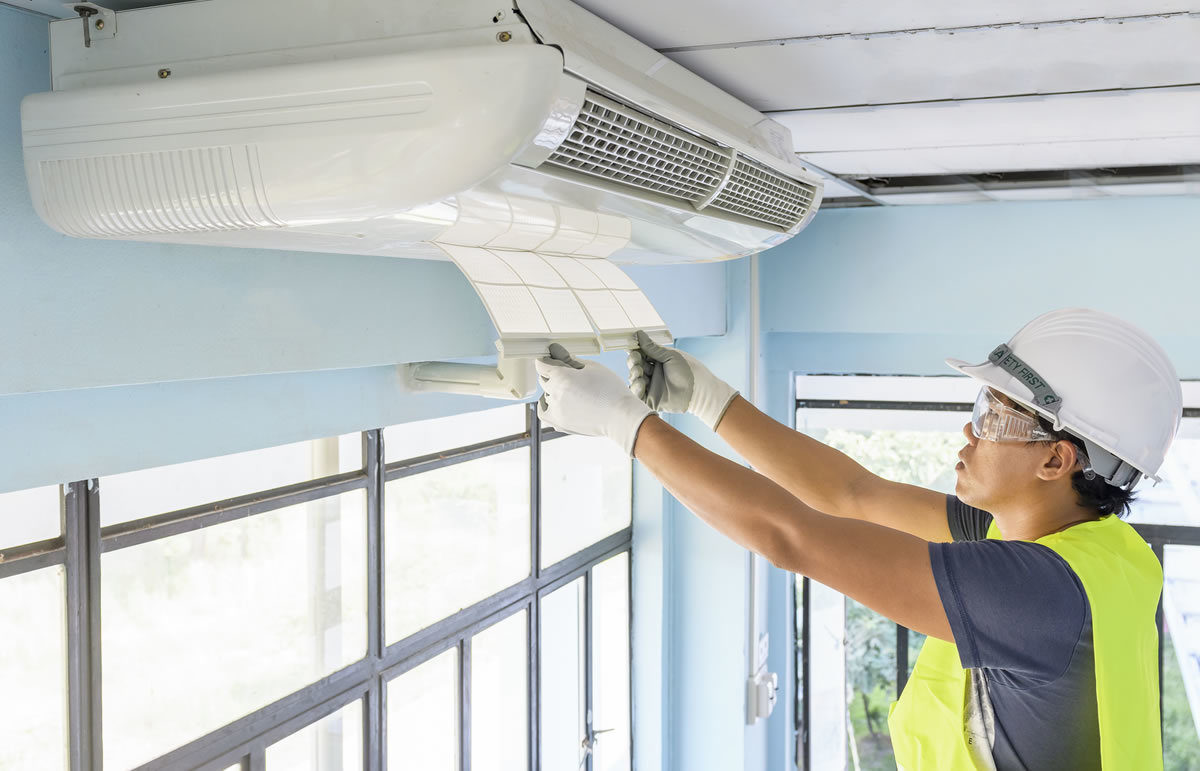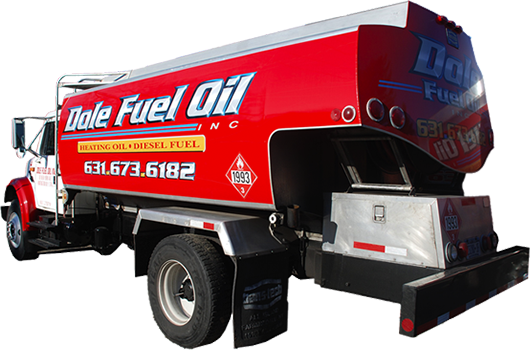Your home’s HVAC system is by far one of its most important components as it helps to ensure that the house remains cool and comfortable during the hot Long Island summer months and keeps you from freezing during the cold New York winter. Unfortunately, HVAC problems can and do occur anywhere at any time. If your heater or air conditioner won't run or isn't heating or cooling properly, it is an obvious sign that something is wrong. However, having an unpleasant odor emanating from your HVAC system can also be a sign that there is some sort of problem, which makes it important that you know a bit about the most common HVAC odors and what causes them.
Smells That Indicate a Minor Problem
The majority of unpleasant HVAC odors are generally nothing to worry about too much as these smells tend to indicate a more natural, easier to fix problem instead of being a sign that there is something seriously wrong with your heater or air conditioner. Mold or Mildew Smell Probably the most common HVAC odor, mold and mildew smells are usually a sign that excess water isn't draining away from your air conditioner properly. In this case, the water could leak out and lead to mold or mildew growing inside your A/C unit or vents. As well, the smells could be a sign that you have a leak somewhere that is causing water to get inside your ventilation system and leading to mold growth. As some types of mold can be toxic, it is important that you have an HVAC professional inspect your system as soon as you notice the smell. However, the smells could also be coming from your A/C filter. Therefore, you may want to try cleaning your filter to see if that doesn't eliminate the odor.
Bad Feet Smell
If your air conditioner isn't draining properly, stagnant water can also build up inside the unit. Over time, this can lead to it giving off a smell that resembles stinky feet. In this case, you'll need to have the A/C cleaned and also repaired to ensure that it drains properly.
Rotting Smell
If it smells like something is rotting whenever you turn on your heater or air conditioner, it could be a sign that a bird or rodent crawled inside your ventilation system and died. Although it may be gross, this situation is nothing to worry about as all you'll need to do is find and remove the dead animal to eliminate the cause of the bad odor.
Smells That Indicate a Potentially More Serious Problem
In some cases, a bad smell coming from your heater, air conditioner or vents could indicate a sign of a more serious problem with the HVAC unit itself or something else altogether. For this reason, you should be on the lookout for any of the following smells and seek professional assistance if your nostrils pick any of them up.
Burning Smells
Everyone has experienced the smell of burning dust and debris that occurs when you turn on your heater for the first time in several months. However, this burning smell should usually dissipate within 30 minutes or an hour. If the smell doesn't go away or you notice a burning smell at any other time, it could be a sign of an electrical problem or it may indicate that your heater or air conditioner is overheating. Either way, you'll want to contact an HVAC professional to have the system examined so as to identify any issues before they become a serious problem.
Gun Powder Smell
The smell of burning gun powder is quite distinctive, and if you notice this smell coming from your HVAC vents, it is usually a sign that the fan motor or one of the circuit boards inside your air conditioner has a short. As this type of short could potentially ruin the unit for good, it is imperative that you have the unit inspected as soon as you notice the smell.
Rotten Egg Smell
Like gun powder, the smell of rotten eggs is incredibly distinctive. In this case, there is usually only one possible cause a natural gas leak. Although natural gas is odorless on its own, gas companies add the smell of rotten eggs to the gas to ensure that leaks can easily be detected. If you notice a rotten egg smell coming from your vents, the first thing to do is vacate the premise. Only once you and your family have fully left the property should you then call the gas company and an HVAC repairman.
Raw Sewage Smell
If you suddenly notice the smell of sewage wafting through your vents, it could be a sign that your sewage system has backed up somewhere near your property. The smell is actually caused by methane gas being released by the sewage. As methane can be dangerous, you'll want to immediately contact a plumber to have your sewage system examined.
As you can see, HVAC odors can be related to a wide variety of different issues. Therefore, it is important that you stay diligent and begin to take action at the first sign of an unpleasant odor. By doing so, you may be able to catch the problem early and prevent something minor from turning into a major issue. It is always a good idea to call your Dole technician when you notice something out of the ordinary occurring in your HVAC system. We are available 24 hours a day,7 days a week to address all of your Long Island heating and air conditioning issues.


